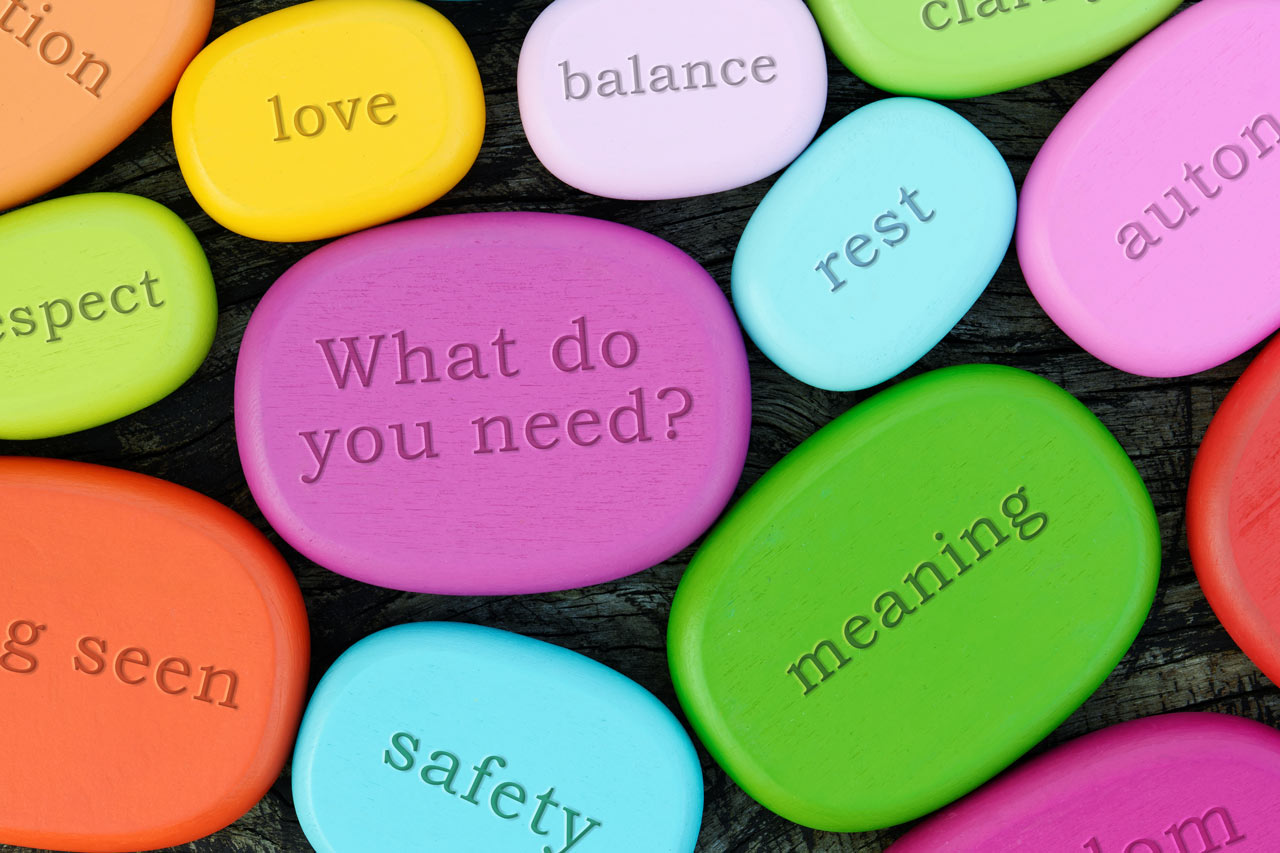A Familiar Phrase with a Deeper Meaning
We’ll Figure it Out!
This is an expression we midlife adults hear and think often. We may hear it from children and grandchildren; it’s a sign that they feel confident and capable of addressing a challenge when it comes up. They know they have the resources to make arrangements and find solutions to an immediate need. They are signaling that they don’t need instructions and guidance. They will get it done by themselves. They are independent problem solvers.
When Wisdom Isn’t Enough
We sometimes think this very same thought ourselves. We are wise. We are mature adults. We have skills and experience. We have proven confidence in our abilities to access resources, strategize, and problem solve. We can do it.
The Reality of Lifequakes
Except when we can’t. There are some things that are really difficult to navigate, and our life experience doesn’t count for very much when we are confronted with them. Those might include the “lifequakes” that Bruce Feiler calls death, divorce, loss of a job, and similar major disruptive events.
The Maze of Modern Healthcare
Figuring things out when serious health matters that come upon our loved ones suddenly is like a “lifequake”. It is overwhelming and you cannot easily figure it out. Navigating the American acute care and post-acute care systems is very difficult. It is a maze of systems that are supposed to work together to ensure treatment, recovery, and after-care but doesn’t work well at all.
Lack of Clear Guidance in Hospitals
No one is going to sit down and fully explain how the hospital works. No one is going to tell you whether it is a traditional hospital system with attending doctors in charge and residents under them with specialists in the background or it is run in a hospitalist system by staff doctors who work independently of your private doctors. No one is going to explain to you what the doctor means or what the portal notes mean. No one is going to direct you to resources within the hospital that can work to your benefit in understanding what is going on.
Why Trusted Medical Allies Matter
Reaching out to trusted family and friends who have medical knowhow helps. You need someone you can trust to guide you and interpret for you. You need someone who is a doctor, physician’s assistant, or nurse practitioner with wide experience and an interest in asking questions about areas they have little experience with. They need to be capable and caring to find out enough, either through their contacts or colleagues, to understand what is going on and educate you.
Interconnected Body Systems and Complications
This is particularly important when a patient with underlying health issues goes into crisis. The complexity/severity complicates matters for the layperson caregiver.
Our body systems are connected and thus what occurs in one system affects, both negatively and positively, the other systems. When the heart doesn’t function well, the kidneys, for example, get the message and don’t work as well. Yet some medications that are helpful to heart functions, affect the kidney functions in a negative way. The numbers will come down. Often the needs of multiple systems must be carefully balanced to treat conditions without adversely affecting the stability of others. Learning this and knowing the importance of certain levels are skills that the doctors treating your loved one may not have the time or interest to explain. Yes, it’s their job but it takes time. Thus, you need help. Medical advocacy for your patient in the hospital is important and that’s why your trusted advisor’s role is vital.
Planning for Discharge: More Than a Social Work Task
Similarly, figuring out options for discharge needs the help of more than just the hospital social work staff. Your family’s needs, the patient’s medical needs, and convenience are important factors, and ranking priorities must be done with knowledge and recommendations from outsiders.
The Reality of Rehab Decisions
Often the patient has an unrealistic attitude about his capacity to handle acute rehabilitation; in this matter, the hospital team plays a role because they have to sign off on the ability of the patient to handle hours of rigorous therapy. The rehab center, whether acute or sub-acute, also has to agree to accept the patient.
The Hidden Complexity of Home Health Care
And finally, no one will tell you about the differences between CHHAs, the agencies that administer the short-term skilled care (and home health aide services that are contracted out by the CHHA to a LHCSA, a licensed home care agency like Caring Professionals). Some agencies will give your patient occupational and physical therapy sessions on a weekly basis for a number of weeks. Another agency will give the very same patient three to five sessions and no more. The same is true for the home care hours which are decided by the CHHA. Some CHHAs will give more hours and some will give fewer hours. You have no way of knowing and figuring this out beforehand until you need to. You cannot figure this out until it hits you and you ask around.
So, What Can Families Do?
The systems are complex. No one explains them to you. And they don’t work seamlessly.
So, what’s a family member to do?
Get educated quickly. Ask seasoned family and friends who have cared for loved ones to explain and inform you. Try to access help hotlines such as your county’s senior services department. Find case management services for seniors. NY Connects is a hotline in each NYS county that provides information for exactly this purpose: to inform you and connect you with each step of the way. Take advantage of whatever resources are available in your community. You cannot easily figure out how the systems work on your own. Take advantage of the resources offered on Caring Professionals’ website and use them to inform yourself. Ask questions and learn!
More home care articles and news from Caring Professionals Home Care Agency:
- Medication Management Tips
- Five Pro-tips for Dealing with a Hospitalized Loved One
- Hospital to Home Discharge Process: Essential Steps and Requirements
- Mastering Caregiving: Essential Digital and Paper Organization Tips for Family Caregivers
- Turn off the TV for my Senior??? Yes
- Handling the Difficult Patient During a Medical Crisis





